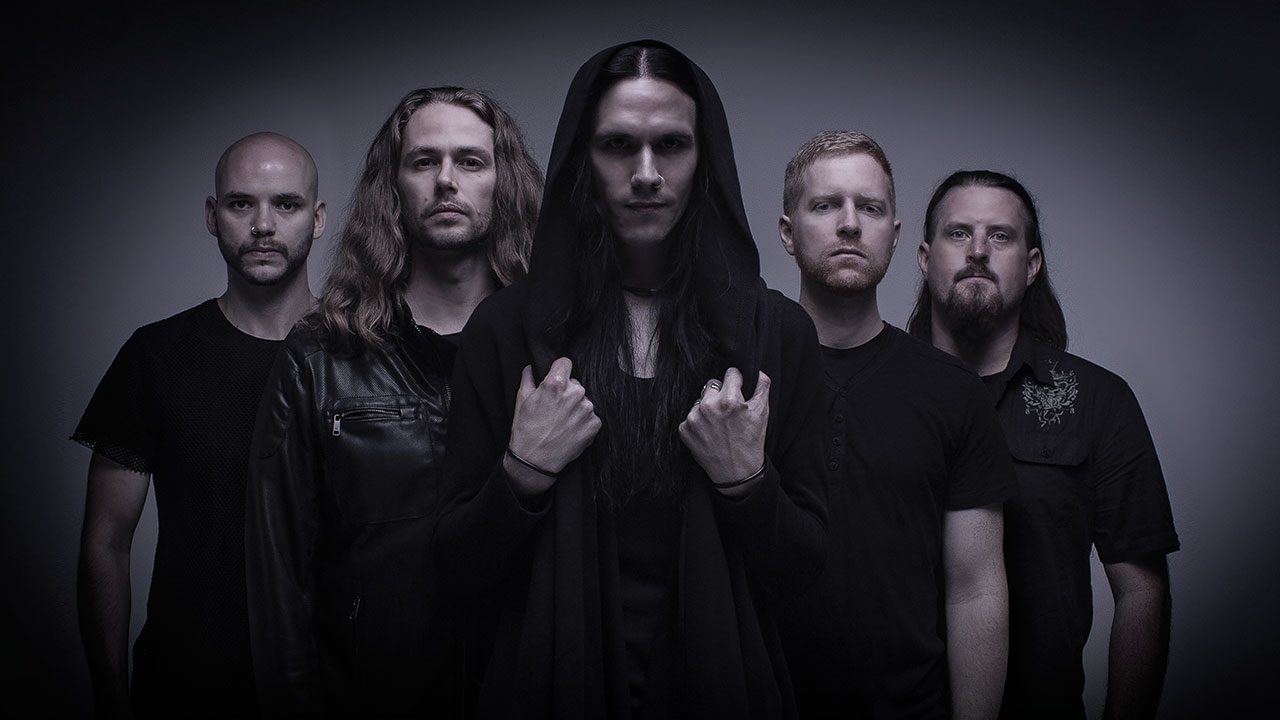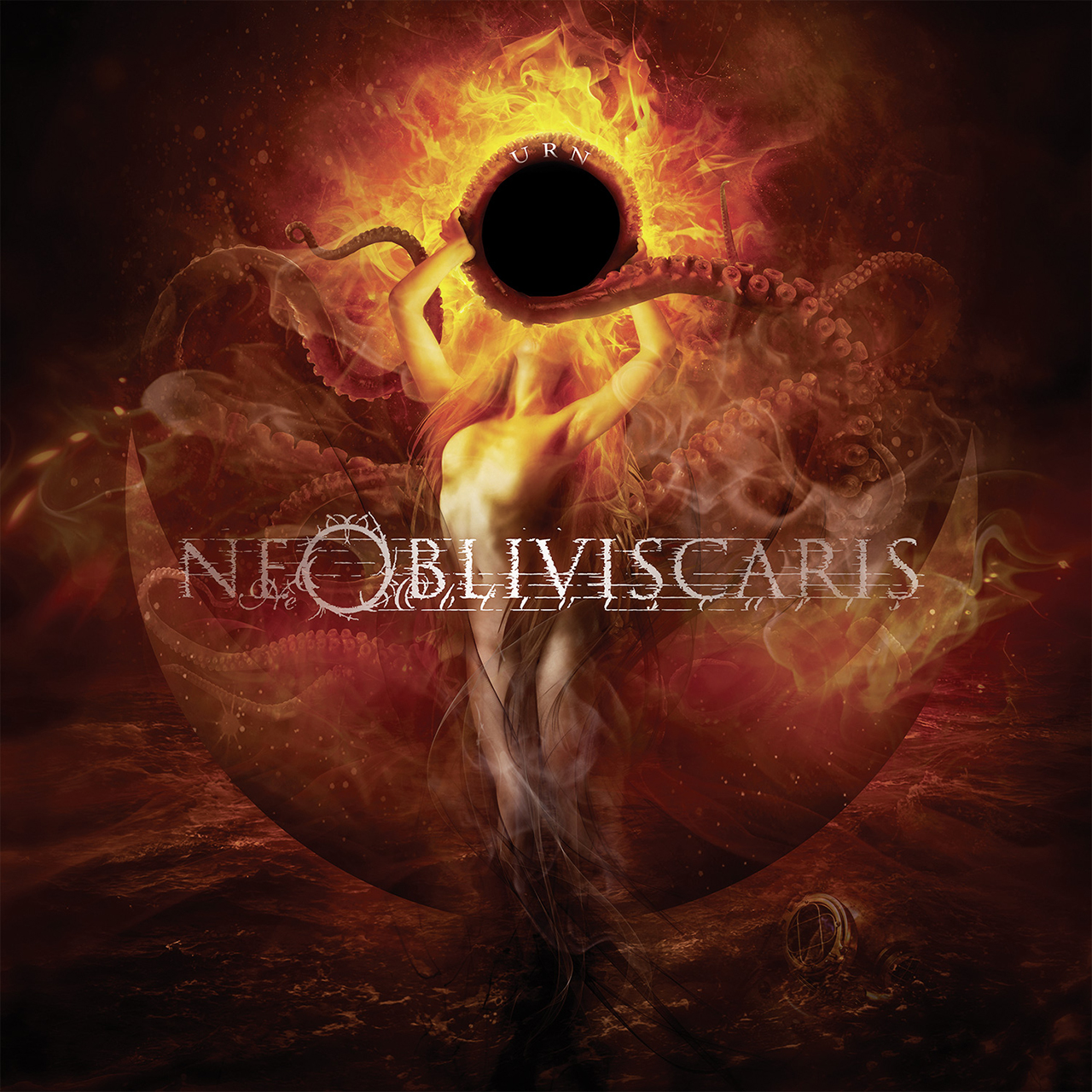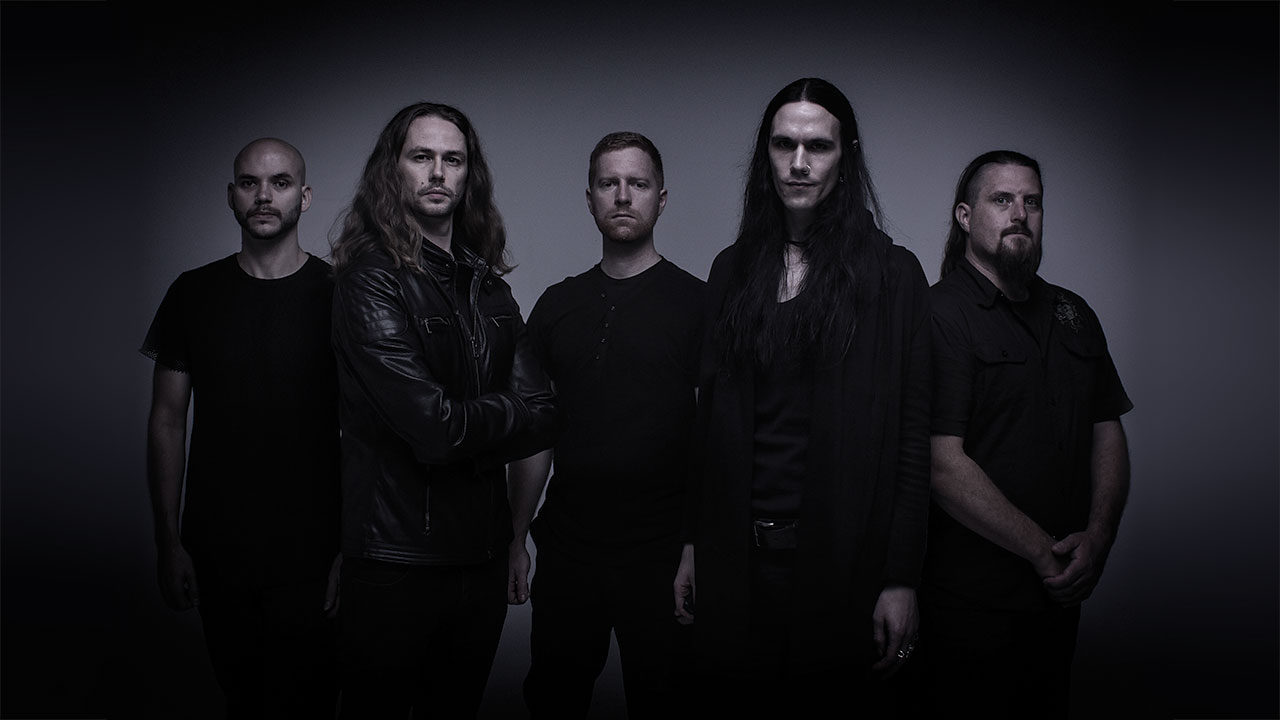“I think we cross a lot of boundaries and I think our fans are very open-minded.” Ne Obliviscaris and the making of Urn
They’ve had strong financial support from their loyal fanbase, their music was included in a teaching curriculum at the Sydney Conservatorium of Music, and now Aussies Ne Obliviscaris are set to make big waves beyond their native land.

Select the newsletters you’d like to receive. Then, add your email to sign up.
You are now subscribed
Your newsletter sign-up was successful
Want to add more newsletters?

Every Friday
Louder
Louder’s weekly newsletter is jam-packed with the team’s personal highlights from the last seven days, including features, breaking news, reviews and tons of juicy exclusives from the world of alternative music.

Every Friday
Classic Rock
The Classic Rock newsletter is an essential read for the discerning rock fan. Every week we bring you the news, reviews and the very best features and interviews from our extensive archive. Written by rock fans for rock fans.

Every Friday
Metal Hammer
For the last four decades Metal Hammer has been the world’s greatest metal magazine. Created by metalheads for metalheads, ‘Hammer takes you behind the scenes, closer to the action, and nearer to the bands that you love the most.

Every Friday
Prog
The Prog newsletter brings you the very best of Prog Magazine and our website, every Friday. We'll deliver you the very latest news from the Prog universe, informative features and archive material from Prog’s impressive vault.
Australian prog metal quintet Ne Obliviscaris sat down with Prog back in 2017 to talk abut the impressive third album Urn.
In their homeland, Aussie band Ne Obliviscaris are a household name. But in recent times they have been gaining attention around the world, thanks to a combination of their avant‑garde approach to creating heavy, progressive music, an inexhaustible determination to find success, and the innovative manner in which they fund their activities.
For those uninitiated, Ne Obliviscaris’ music is extreme, melodic, epic and progressive as hell – all at once. From Melbourne’s famed Corner Hotel, the band’s two frontmen Xenoyr (extreme vocals) and Tim Charles (clean vocals and violin) describe their sound to Prog for those unfamiliar.
“I think we cross a lot of boundaries in terms of influences and things like that,” Xenoyr muses. “We have a very wide audience that listen to our music. We have fans who love classical music, because the violins are involved, and how we implement that into the music; fans who love death metal; and obviously prog. I think it’s because we use a lot of variation, and I think our fans overall are very open-minded.”
Charles takes it further, feeling that their highly progressive sound and approach are also products of the very different personalities and attitudes that each member brings to the table. “We just be ourselves, and that’s a bit different,” he says. “We’re very unique individuals creating music that we think is unique. It’s passionate and intense.”
“All of us have extremely diverse influences,” Xenoyr adds, “and I think that comes through in our music.”

The band received a stunning accolade in 2013 when their song And Plague Flowers The Kaleidoscope from debut album Portal Of I was included in a teaching curriculum at Sydney Conservatorium of Music, with the song being analysed for its composition and musicianship. It was presented to the composition students by Professor Matthew Hindson, the Chair of Composition at the Conservatorium and a renowned classical composer, as: ‘An exemplar in structure, mixing timbres, meters, modes, how to approach virtuosity, sound and noise, extended performance and techniques.’
Sign up below to get the latest from Prog, plus exclusive special offers, direct to your inbox!
A greater compliment to a musician can scarcely be imagined, and both Xenoyr and Charles are honoured by the distinction. “That was something that just came out of the blue for us,” Charles recalls. “We were up doing a show in Sydney, and one of the professors from the Conservatorium came to the show. We found out he was actually a big fan of the band, and he wanted to use And Plague Flowers The Kaleidoscope as part of an assignment for his composition subject at the Sydney Con, which meant so much to us.
“It was one of those things where we had our music essentially being studied and analysed in regards to the use of arrangements and structure and compositional techniques, vocal extended techniques and all this sort of stuff. It was just really nice to have that validation from an institution like that.”
As intimated previously, the band have had quite a storied journey across the length and breadth of their almost 15-year history. They have overcome severe sickness and injury within the band, a seemingly perpetual revolving door of line-up changes – they’re currently looking for a new bass player – frustrating visa issues for their French guitarist Benjamin Baret (which held up the band’s progress for several years), and other disconcerting personal controversies. With the imminent release of their third full-length album Urn, Charles is confident the band have left all of that hardship behind.
“We had the first nine years, which was endless struggle for no reward, to create the first album,” he laughs. “Then there’s from when Portal Of I came out in 2012, where things have actually gone really well for us. Now here we are, five years later, about to release our third record.”
“A lot of international people don’t realise, because they only hear [second album] Citadel or whatever, they think we’re only relatively new,” Xenoyr adds, “but we’ve been around for 14 years. We’ve had so many hiccups along the way, we could have broken up at any time.”

According to Xenoyr, a true crystallising moment for the future of the band came when they decided to dip their collective toe into the crowdfunding pool in 2014 to test those waters. When it was a huge success and showed them that their existing fans really did care enough to put their money where their mouths were, they knew they had to continue.
“I think that really did put into perspective who and what our fans were,” he states confidently. “It showed us that the fans really were behind us, and just how many loyal fans we had, and what that made it possible for us to do. We write music for ourselves but we’re not necessarily wasting time in terms of touring and getting exposure across the world. So it was really encouraging.”
The success of that initial crowdfunding campaign also inspired them to take that approach to funding their band to the next level. In early 2016 they announced that they would be undertaking a Patreon campaign, whereby the band’s fans would fund their activities in a more ongoing fashion, in the form of a monthly subscription. In return, subscribers receive all manner of exclusive content and access to the band and their music that non-subscribers don’t get.
This announcement caused its share of controversy and trolling of the band online, but, a year and a half down the track, it has proved to be a tremendous success.
Charles has some advice for any other band considering heading down this road. “I think the most important thing about the newer elements of the music industry is to understand how these different ways of interacting with your fanbase work for different bands at different times in their career. So the thing Ne Obliviscaris has is a strong history of support from our fans in a financial sense. and we were convinced it would work for us. But it’s not something that would work for every band. So for some bands I would say it’s not for you, but a crowdfunding campaign might be.”
Testing the waters in this manner is the crux of it all. “For us, the success of that initial crowdfunding campaign, that being an even greater success than we’d hoped for, meant we felt we had a track record of asking our fans for help, and them coming forward and pitching in and giving back to us in return for what we’ve done for them with music and shows and so on. We felt that track record meant we could move forward with the Patreon.
“It was a case of saying, ‘Instead of going back to the well and saying we need your help again, let’s start to develop an ongoing assisted relationship.’”
While the band are signed to the prestigious French label Season Of Mist, home to the likes of Cynic, Atheist, Septicflesh and many more, they are essentially entirely self-funded, and the Patreon campaign and their steadfastly DIY aesthetic helps them carry on making the music they want to make in the manner in which they want to make it. This can be clearly heard on new opus Urn.
“The new album is just us being ourselves again,” Charles says. “The first two albums were just us creating the music that we want to create, ignoring what anyone on the outside thinks. We were really happy with the response to Portal Of I, and we thought it was the best record we could create at the time.
“Then when we did Citadel, the most important thing for us was to make sure that we loved it, and we were like, ‘If we love it, it’ll do fine.’ It was a bit different, but we loved it, and it did even better. So with this new record it was just trying to maintain that philosophy, even though we’re a significantly bigger band this time and there’s a lot more people on the outside asking what it’s going to sound like. It was just a matter of blocking out the outside world and writing music for ourselves.”
